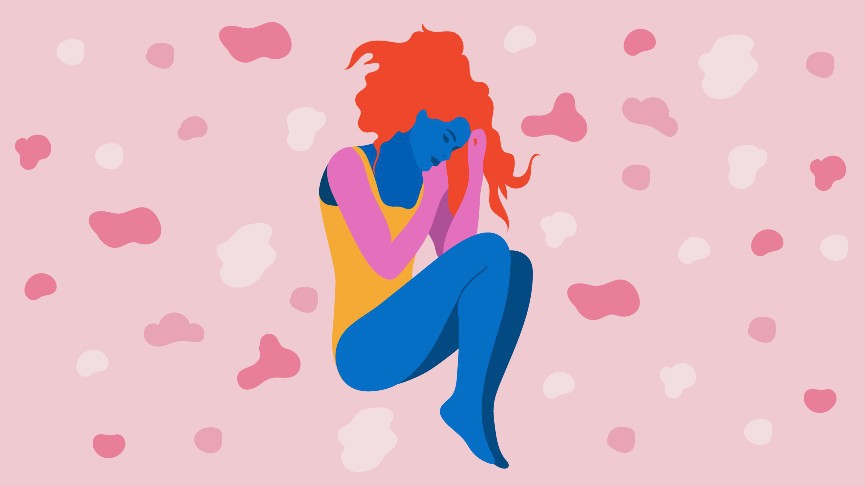Postcoital dysphoria is the feeling of sadness some people get after having otherwise satisfactory sex

Postcoital Dysphoria: Understanding the Feeling of Sadness After Satisfactory Sex

Intimate moments are often associated with feelings of happiness, connection, and fulfillment. However, for some individuals, the aftermath of sexual intimacy can be accompanied by unexpected sadness and distress. This emotional experience is known as postcoital dysphoria (PCD), and it can occur despite the sexual encounter being otherwise satisfactory.
PCD is characterized by the onset of negative emotions, including sadness, tearfulness, and a general feeling of unease, immediately or shortly after sexual activity. It is essential to emphasize that PCD is not the same as sexual dysfunction or dissatisfaction. People who experience this phenomenon may have previously enjoyed the sexual experience but find themselves inexplicably sad afterwards.
The prevalence of postcoital dysphoria remains somewhat unclear, as it is an under-researched topic. However, some studies suggest that a significant number of individuals have encountered PCD at least once in their lifetime. The severity and duration of PCD symptoms can vary from person to person, with some experiencing mild and transient dysphoria, while others may have a more intense and lasting emotional response.
The exact cause of postcoital dysphoria is yet to be determined, but researchers have proposed several theories. One explanation suggests that the release of certain hormones during sex, such as oxytocin and prolactin, may contribute to the onset of post-sex sadness. These hormones play a vital role in bonding and relaxation but can also induce emotional vulnerability and sensitivity.

Another hypothesis suggests that cultural and societal factors, including guilt, shame, or internalized beliefs about sex, could influence the experience of PCD. Additionally, past traumatic experiences, relationship issues, or mental health conditions, such as depression or anxiety, might also contribute to the development of post-sexual sadness.
It is crucial to emphasize that PCD is a genuine and valid emotional response, despite not being widely discussed or understood. Individuals who experience postcoital dysphoria should not feel ashamed or embarrassed, as their feelings are not uncommon.
If you find yourself affected by PCD, there are several strategies that might help alleviate the symptoms. Open and honest communication with your partner about your emotions can foster understanding and support. Engaging in post-sex activities that promote relaxation, such as taking a warm bath or engaging in calming exercises like deep breathing or mindfulness, may also be helpful.
Seeking professional help from a therapist or counselor who specializes in sexual health and emotional well-being can provide valuable guidance and support. They can help explore any underlying factors contributing to PCD and develop coping mechanisms tailored to individual needs.
Postcoital dysphoria is a complex and multifaceted phenomenon, deserving of further research and understanding. By continuing to shed light on this topic, we can work towards destigmatizing PCD and ensuring that individuals who experience it receive the support and validation they deserve.
Source: Healthline
Tags
Share
Related Posts
Quick Links
Legal Stuff

